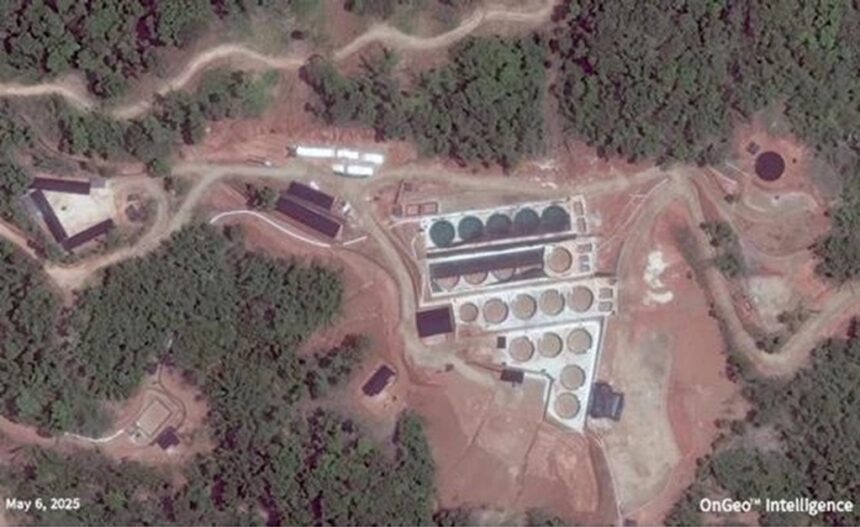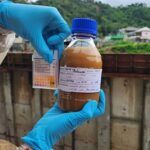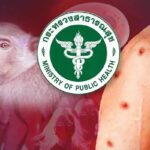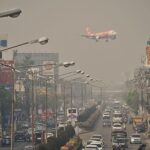CHIANG RAI – Deputy Prime Minister Prasert Jantararuangtong has confirmed that the central government will soon hold talks with Myanmar to address contamination in the Kok and Sai rivers caused by arsenic and heavy metals.
He told reporters, satellite images point to a gold mine in Shan State as the source of the river contamination. Authorities are considering asking Myanmar to suspend or improve mining operations. A local response centre has also been set up, with the Deputy Minister of Interior overseeing close monitoring of water quality.
On 27 May, Deputy Prime Minister and Minister of Digital Economy and Society, Prasert Jantararuangtong, and Deputy Minister of Interior, Teerarat Samretvanich, chaired a meeting in Chiang Rai. The committee focused on tackling water quality issues in the Kok, Sai, and parts of the Mekong rivers, where levels of heavy metals have exceeded safety standards.
After the meeting, Prasert said the Prime Minister assigned him to take charge, showing the government’s concern. Dealing with neighbouring countries is sensitive and requires clear evidence. With enough satellite images and other data pointing to gold mining as the cause, Thailand is preparing to negotiate with Myanmar.
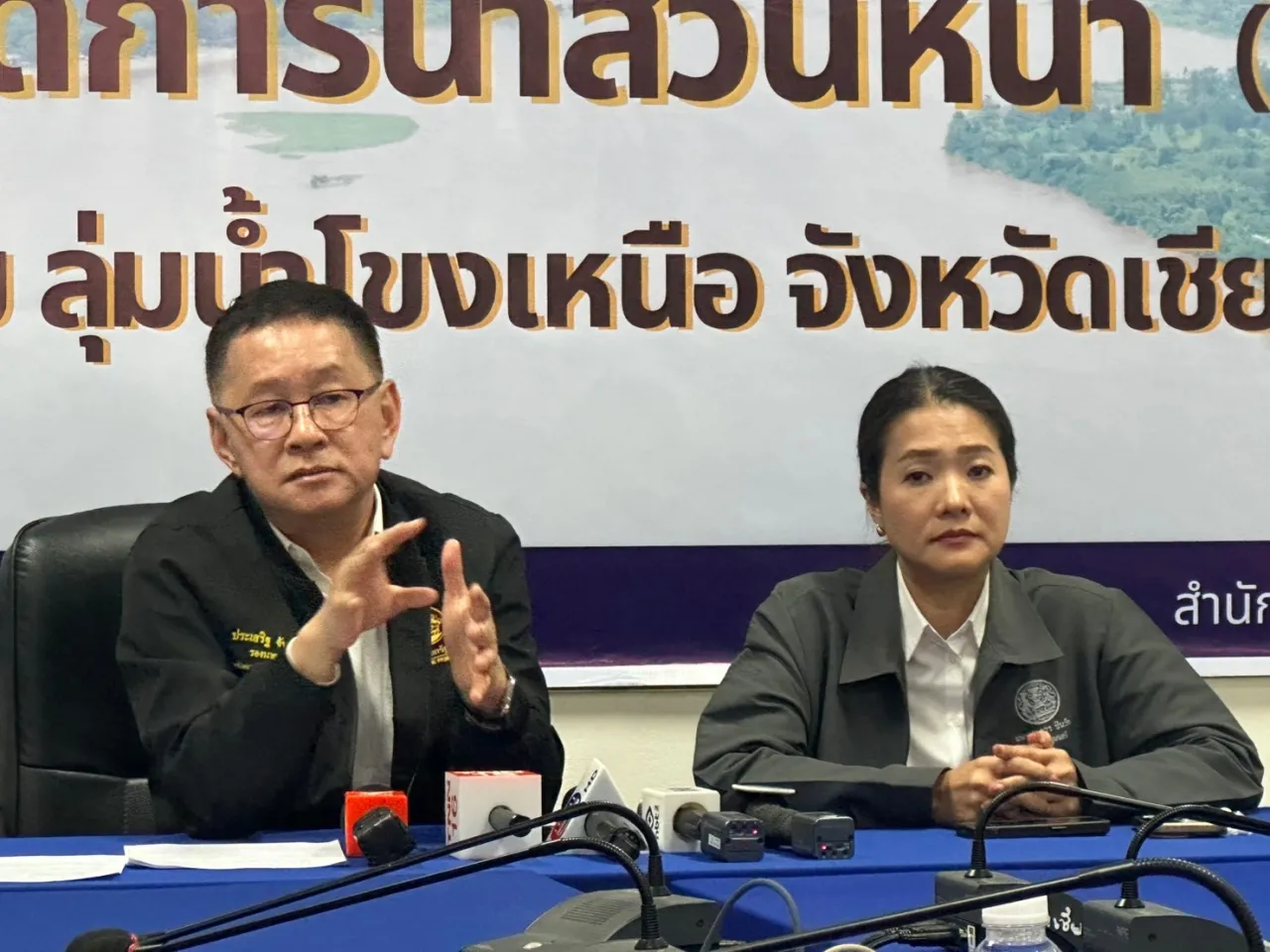
Operational-level talks have already taken place, but Prasert believes direct government discussions are now needed. The Foreign Minister has already reached out to Myanmar. Once a date is set, Prasert will lead a Thai delegation to discuss solutions.
While practical talks will continue, decisions must be made at the policy level by both countries. The first step is to agree on the cause of the contamination. If the problem is serious, Thailand will ask Myanmar for cooperation in suspending or improving the mining operations.
Arsenic levels over the limit have been found at the Thai-Myanmar border. Levels drop once the water passes through the weir. Prasert has urged people not to have direct contact with the water or use it for daily needs. Tap water remains safe, with no contaminants found. Red spots on fish are due to parasites and bacteria, not arsenic, so there is no need for alarm.
Prasert also warned that sharing unverified information can confuse the public. From now on, water and sediment samples, along with residents’ health, will be checked regularly to reassure everyone. A local operations centre, headed by the Deputy Minister of Interior, will help coordinate efforts quickly between local and national authorities to address the Myanmar issue.




